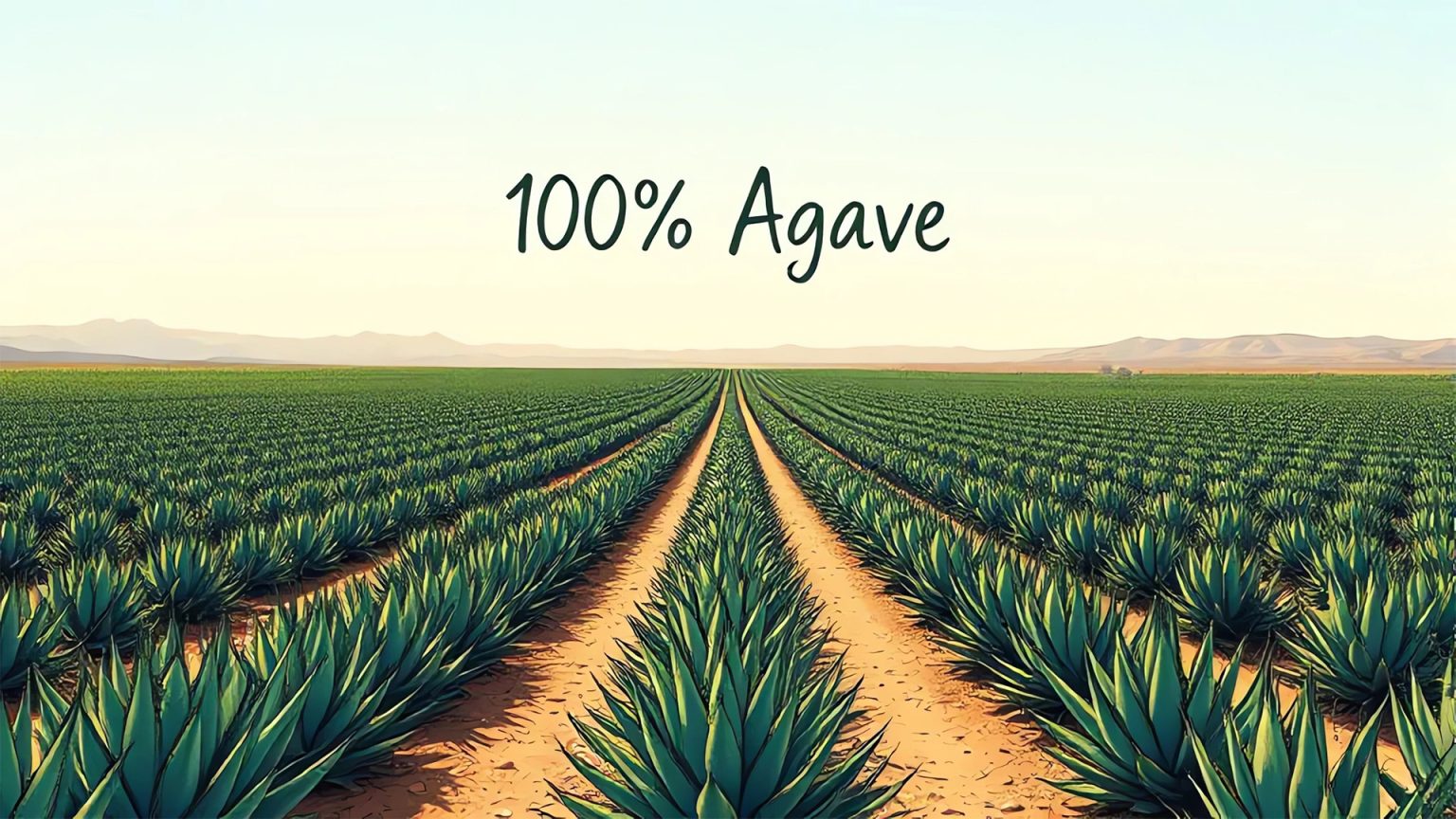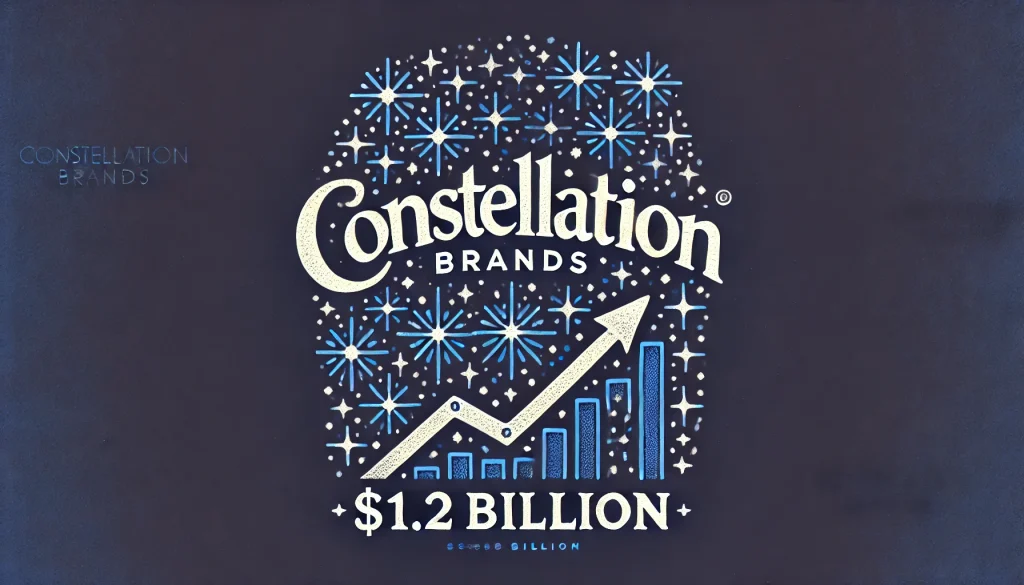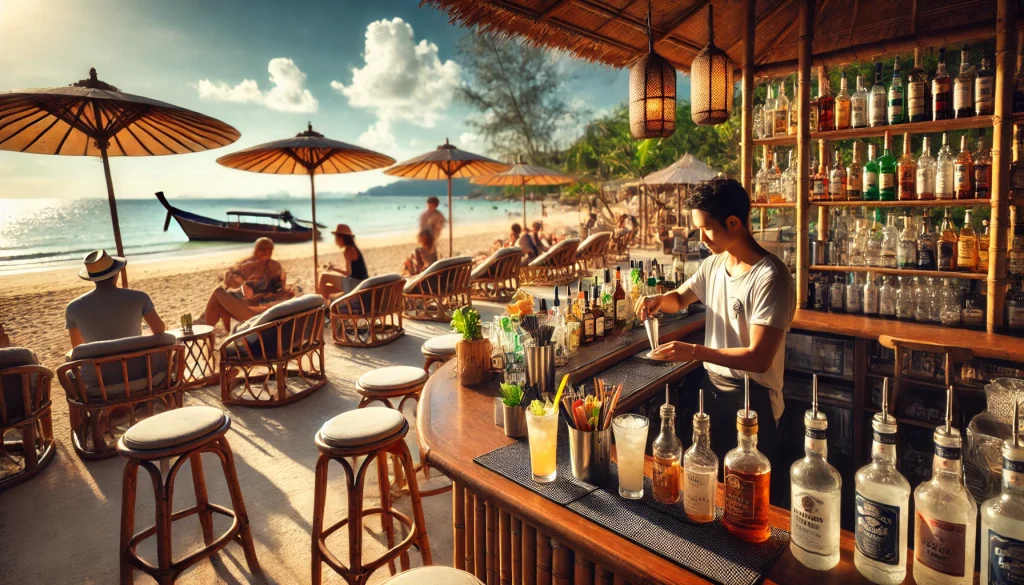When Diageo was hit with a class action lawsuit earlier this month over its tequila labeling, it sparked more than just a legal battle – it reignited a broader debate over truth, transparency, and trust in the booming tequila industry.
The lawsuit, filed in the U.S. District Court for the Eastern District of New York, alleges that two of Diageo’s best-selling brands, Casamigos and Don Julio, are falsely labeled as “100% agave” despite containing significant amounts of other alcohols, notably those derived from sugarcane. Plaintiffs claim they were misled into paying premium prices for products that do not meet either U.S. or Mexican standards for pure agave tequila.
As global demand for high-end tequila continues to soar – with the global tequila market reaching over $10 billion in 2023 – the case highlights how the industry defines – and delivers – authenticity.
The Lawsuit: A Battle Over Purity and Price
Filed by consumers and a Brooklyn-based restaurant, the complaint claims that chemical testing revealed Diageo’s Casamigos and Don Julio tequilas contain significant amounts of alcohol from non-agave sources, which violates both Mexican and U.S. standards for “100% agave” tequila. The plaintiffs are seeking over $5 million in damages and a court order to prevent Diageo from using the misleading label.
While Diageo has denied the allegations, affirming that its products are certified by Mexico’s CRT and approved by the TTB, the lawsuit sheds light on the larger question of transparency in labeling within the spirits industry.
What Does “100% Agave” Actually Mean?
The term “100% agave” refers to tequila made exclusively from Blue Weber agave sugars, in compliance with Mexico’s NOM-006 standard. This ensures that only the agave plant is used in fermentation, without any added sugars from other sources such as cane. Products that contain up to 49% non-agave sugars are categorized as mixto, and are not allowed to carry the “100% agave” label.
This distinction carries significant weight in the marketplace. Tequila made entirely from agave tends to be more expensive due to the long growing cycles of the Blue Weber agave, which requires about six to eight years to mature.
Subscribe to our newsletter
Additives, Transparency, and the Industry’s Hidden Layer
The case against Diageo has sparked broader scrutiny of the tequila industry’s practices, particularly concerning the use of additives. Many producers, even those at the premium end of the market, use additives like glycerin, caramel coloring, and oak extract to adjust flavor and texture. Under current Mexican regulations, these additives are allowed in small amounts without the need for disclosure on labels.
This lack of transparency has led to a growing demand for clearer labeling. In response, organizations like the Additive Free Alliance (AFA) are pushing for greater transparency in tequila production, utilizing methods like nuclear magnetic resonance (NMR) testing to verify additive-free products. While not officially recognized by regulatory bodies, these efforts have gained significant traction among consumers seeking authenticity in their purchases.
A Wake-Up Call for the Industry?
The lawsuit is a significant event not only for Diageo but for the tequila industry at large. With global tequila sales surpassing $10 billion in 2023, and over 2,000 certified tequila brands now competing in the market, questions of transparency and authenticity are more pressing than ever. This legal case could prompt further scrutiny from both regulators and consumers, urging producers to adopt clearer and more consistent labeling practices.
A Turning Point for Tequila?
The rapid growth of the tequila market – Mexico’s tequila exports alone reached $4 billion in 2023 – has introduced new challenges, particularly as the market expands to include more than 2,000 brands. This saturation, combined with rising consumer demand for transparency, could push the industry to a turning point. Producers may face greater pressure to comply with stricter labeling requirements and disclose ingredients like additives, in order to maintain consumer trust.
Does “100% Agave” Still Mean What It Should?
At its core, this case challenges not just Diageo’s marketing practices, but the integrity of the entire tequila industry. As the market grows, authenticity and transparency must remain central to its evolution. This lawsuit could serve as a catalyst for broader industry reforms, leading to clearer regulations and more transparent production practices. If the industry responds proactively, it could set a new standard for integrity and consumer trust in the spirits world.
If the industry fails to act, the term “100% agave” may soon lose its meaning, as consumers increasingly demand more transparency and authenticity.



